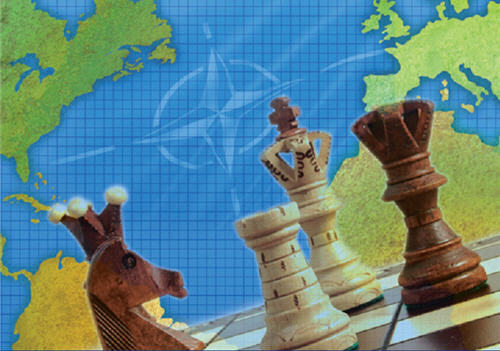
Over the course of the last few years, NATO member states have been pondering the very future and relevance of the transatlantic organization. The Alliance’s future has been predicted to cover the whole threat spectrum, from traditional security of Europe to counterinsurgency missions abroad. Missions include training military units in regions where reconstruction efforts are ongoing, counternarcotics operations, anti-piracy missions off the Somali coast, and defending the European continent from incoming missiles.
The question then is not whether NATO remains relevant, as there are indeed security threats and mission types that Western nations have identified, but rather, what the Alliance’s focus should be.
For these reasons, NATO’s Strategic Concept, currently under review, should not be centrally focused on specific mission types, as these will change during the Concept’s "lifetime," as we have witnessed in the decade since the current version was ratified. Instead, the primary focus should be to ensure that the Alliance remains strong and adaptable to the changing security environment.
Since the last iteration of the Strategic Concept, when the Alliance’s focus was on a common defense policy, enlargement, and identifying non-traditional European defense initiatives, the organization today faces decreasing defense budgets, demographic issues internal to the Alliance, a flattening international security architecture, and threats from non-state actors.
NATO must be able to cooperate on all these fronts. While some have questioned the wisdom of NATO operations in Kosovo, Afghanistan, and off the Somali coast, one thing remains a constant: the Alliance ensures that there is constant communication and interoperability among member states and even non-member states. In an era of defense austerity, these are more crucial than at any time in the past two decades.
David Capezza is currently a senior analyst serving at the Chief of Naval Operations. He previously served as a consultant at The Center for a New American Security in Washington, DC where he worked on U.S. national security and defense issues.
Image: stratcon-2010-crop_1.jpg
